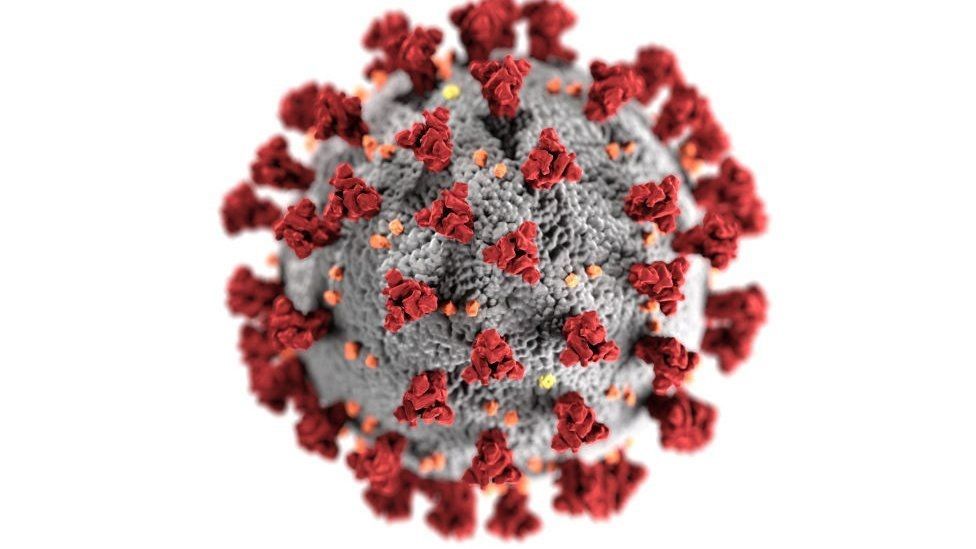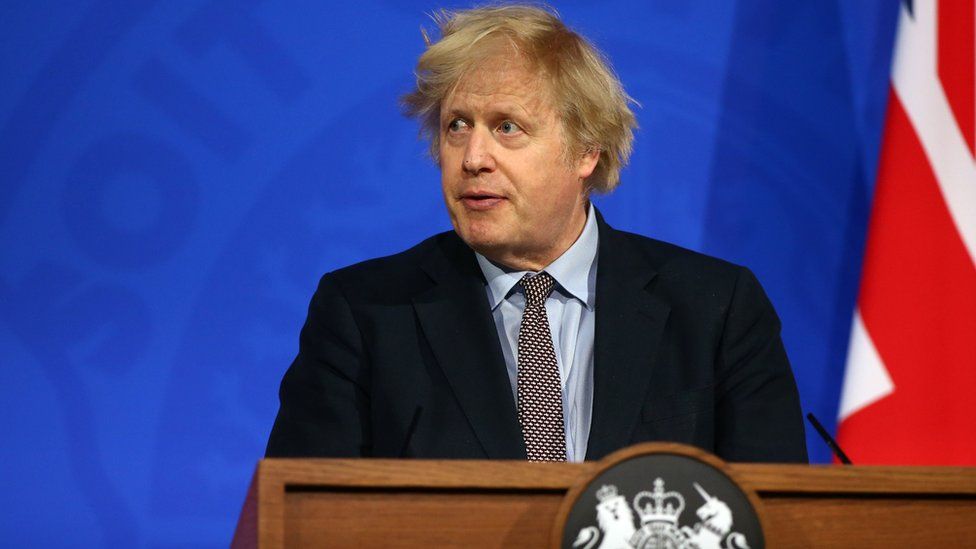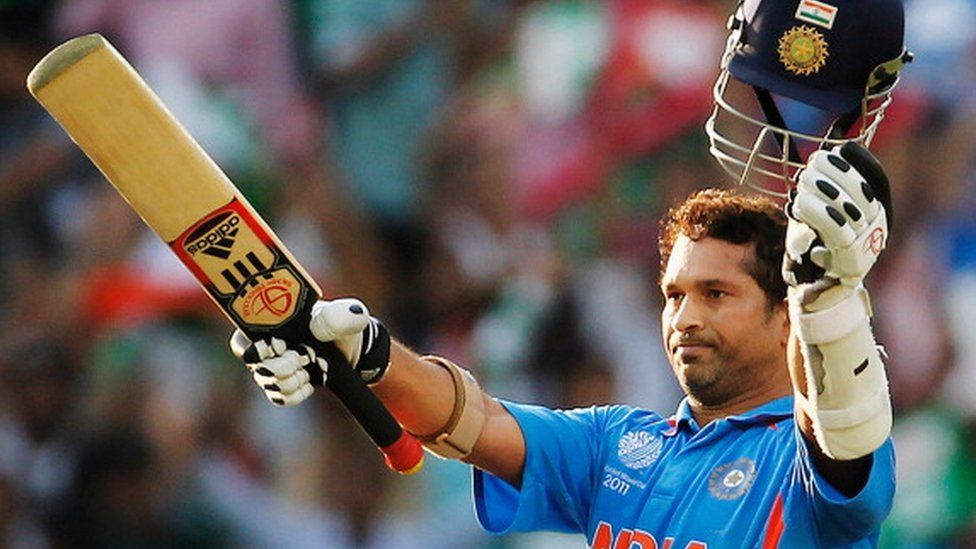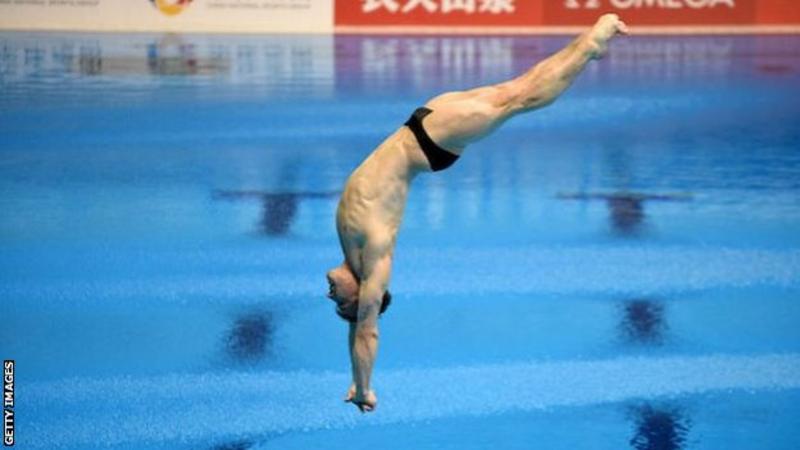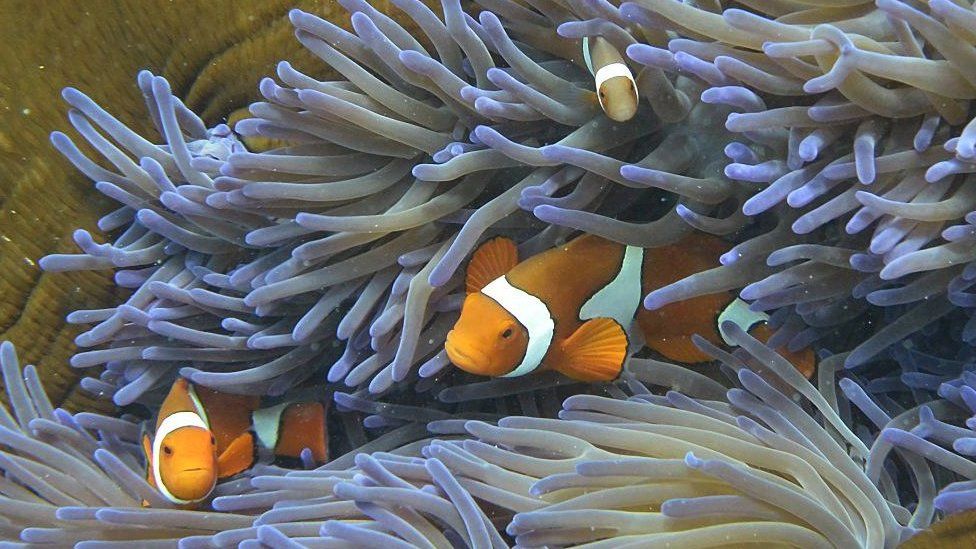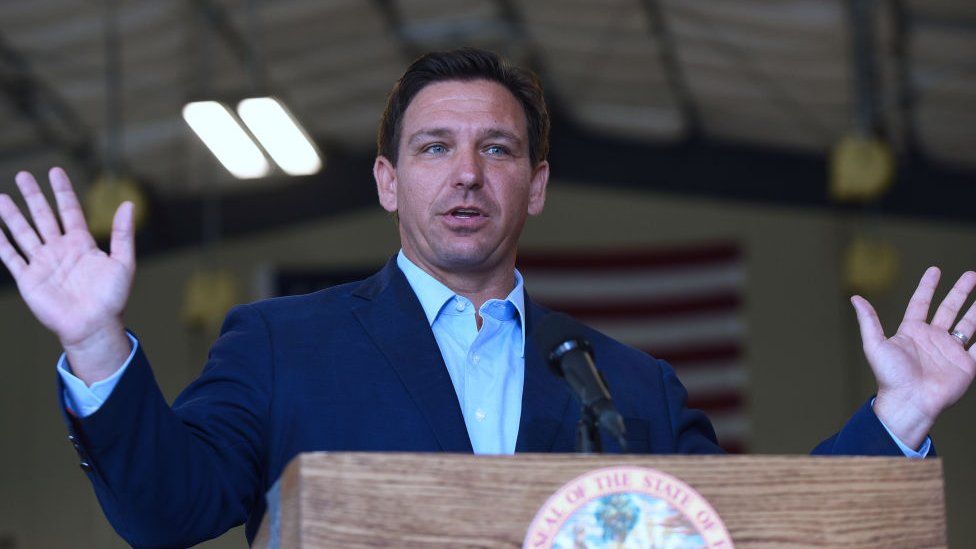Taliban seize Afghanistan's second largest city

London, Aug. 13: The Taliban have captured Afghanistan's second-largest city, Kandahar, in what is a crushing blow for the government and a major win for the militants.
The southern city was once the Taliban's stronghold and is strategically important as a trade hub. The insurgents also seized the nearby city of Lashkar Gah and now control about a third of Afghanistan's provincial capitals.
Tens of thousands of civilians have fled the Taliban advance. Many have travelled to the capital Kabul to seek safety and are sleeping on the streets there.
"We have no money to buy bread, or get some medicine for my child," a 35-year-old street vendor who fled northern Kunduz province after the Taliban set fire to his home told the BBC.
More than 1,000 civilians have been killed in Afghanistan in the past month, according to the UN. There are increasing concerns that the militants will continue their rapid offensive toward Kabul.
People are in disbelief over their rapid gains, the BBC Yogita Limaye in Kabul reports, with the silence from the country's top leadership leading to rumours and speculation about what could lie ahead for the capital.
The insurgent advance comes as US and other foreign troops withdraw after 20 years of military operations.
The US is to send nearly 3,000 troops to Kabul airport to evacuate a "significant" number of embassy staff on special flights. The UK is deploying 600 troops to support British nationals leaving the country. Staff at the British embassy have been reduced to a core team.
Why is Kandahar so important?
Kandahar is the Taliban's birthplace, and so taking control of the city of 600,000 people is a significant prize for the militants.
They had occupied the city's outskirts for a number of weeks before launching their attack on the centre.
On Wednesday, the Taliban breached Kandahar's central prison, and on Thursday, images on social media reportedly showed insurgents in the city centre.
A resident told the AFP news agency that government forces appeared to have withdrawn en masse to a military facility outside Kandahar.
Kandahar is considered strategically important because of its international airport, its agricultural and industrial output and its position as one of the country's main trading hubs.

A Taliban militant patrols outside the Governor's house in Ghazni city after taking control of the area, EPA
Ghazni, captured on Thursday, is also a significant gain for the Taliban as it is on the Kabul-Kandahar motorway, linking militant strongholds in the south to Kabul.
Meanwhile Herat, an ancient silk road city, had been under siege for weeks before security forces on Thursday retreated to army barracks. Video on social media shows the insurgents running through a central street firing their weapons, and the Taliban flag was seen flying over the police headquarters.
The US embassy in Kabul said it was hearing reports that the Taliban were executing Afghan troops who were surrendering, saying it was "deeply disturbing and could constitute war crimes".
An estimated 72,000 children are among those fleeing to the capital in recent days and are mostly sleeping on the streets, according to Save the Children.
Makeshift camps have been established on scrubland on the outskirts of the capital, while many others have reportedly been sleeping on the streets or in abandoned warehouses.

In response to the insurgency, the German government has threatened to end its annual financial support of $500m (£360m) to Afghanistan if the Taliban gains complete control of the country.
Germany has also suspended the forced repatriation of Afghan citizens whose asylum applications have failed. The French and Danish governments say they will also follow the same policy.
What is the Afghan government doing?
The Afghan president, Ashraf Ghani, has so far failed to unite a host of fractured Afghan militias against the Taliban.
On Wednesday, he flew to the northern city of Mazar-i-Sharif - traditionally an anti-Taliban bastion - to rally government forces.
He also held crisis talks with ethnic Uzbek warlord Abdul Rashid Dostum and prominent ethnic Tajik leader Atta Mohammad Noor about defending the city.
For years, Mr Ghani tried to sideline the warlords in an attempt to boost the Afghan National Army, and now he is turning to them in his hour of need, the BBC's Ethirajan Anbarasan says. Earlier this week, the president also agreed to arm pro-government militia.
Recent News

Do not make expressions casting dout on election: EC
14 Apr, 2022
CM Bhatta says may New Year 2079 BS inspire positive thinking
14 Apr, 2022
Three new cases, 44 recoveries in 24 hours
14 Apr, 2022
689 climbers of 84 teams so far acquire permits for climbing various peaks this spring season
14 Apr, 2022
How the rising cost of living crisis is impacting Nepal
14 Apr, 2022
US military confirms an interstellar meteor collided with Earth
14 Apr, 2022
Valneva Covid vaccine approved for use in UK
14 Apr, 2022
Chair Prachanda highlights need of unity among Maoist, Communist forces
14 Apr, 2022
Ranbir Kapoor and Alia Bhatt: Bollywood toasts star couple on wedding
14 Apr, 2022
President Bhandari confers decorations (Photo Feature)
14 Apr, 2022


